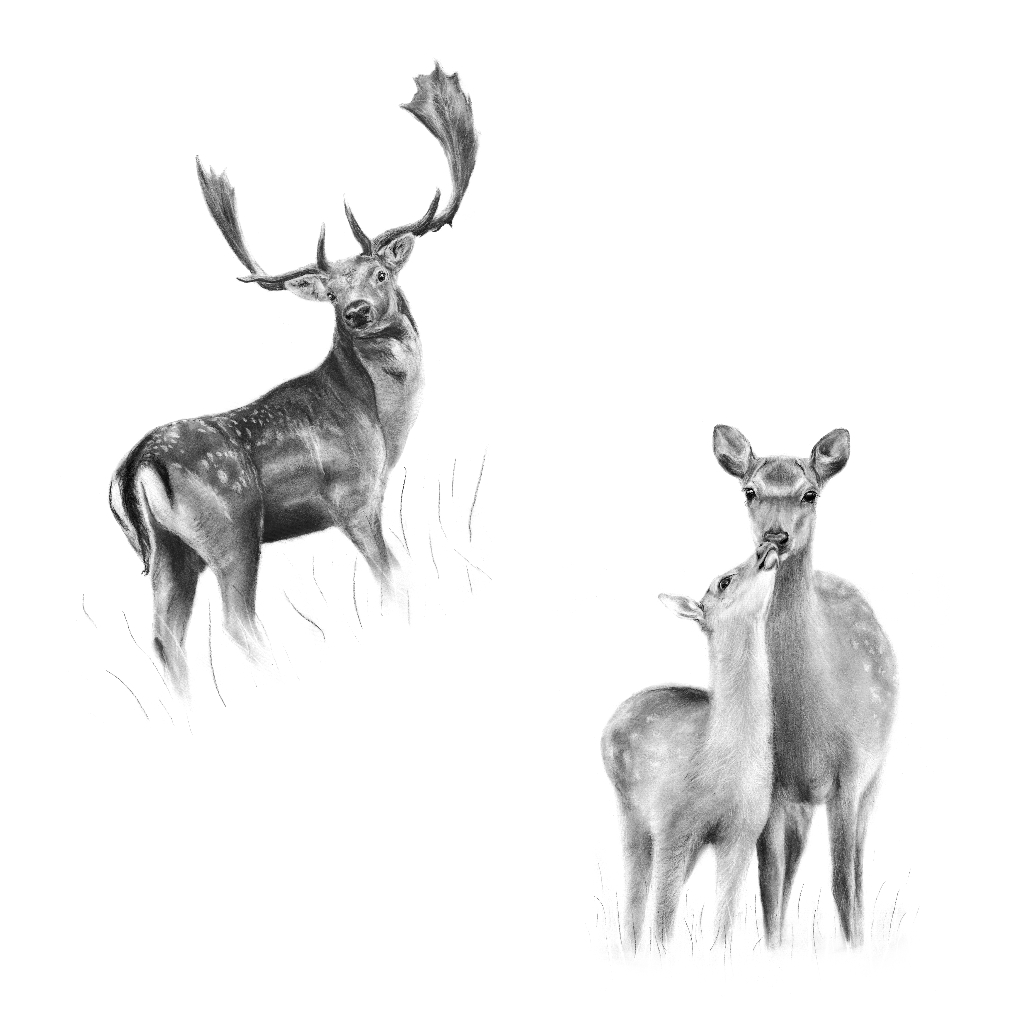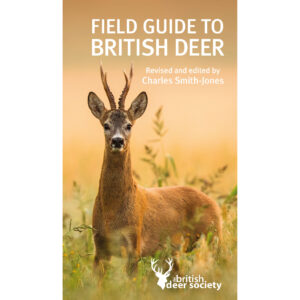Removal of Male Deer Seasons – Response to BDS Opinion Survey
Share article:
Article by:
Charles Smith-Jones, Technical Advisor, British Deer Society
BDS RESPONSE TO OCTOBER 2023 OPINION SURVEY
TOPIC: Removal of close seasons for male deer
Although BDS staff continue to work through your helpful and considered responses to our recent opinion survey, one recurring theme that we have identified is widespread alarm and incredulity over the removal of statutory close seasons for male deer. This has already happened in Scotland and is currently being considered by Defra for England and Wales.
One correspondent summed up wider opinions, writing: The BDS should vehemently oppose these changes, in the light of what they are, namely ill-informed people being allowed to influence national decision making, on deer management. The BDS, as the name suggests, should be the recognised authority on all deer-related matters in the UK. We should be involved in all legislation consultations and decision making. Why are we not?!
From the outset the BDS has opposed the total removal of close season protection for male deer and made this clear in our responses to consultations, participation in discussions with government bodies, and in the national and sporting press. We have not been alone, and our thoughts have been echoed by other national organisations with a similar interest in ensuring proportionate, efficient and humane deer management founded on sound, evidence-based principles.
In particular, we have been deeply concerned by poor levels of governmental consultation across the wider deer sector, and we fear that some subsequent decision making may have been unduly influenced by already entrenched opinions, misinformation, or even political motivation. While the BDS fully recognises the need to maintain deer populations in balance with the environment that supports them, this is no way to approach their management.
The UK’s six deer species each have widely differing ecologies and impacts. While there has been some recognition of this in consultations, on the whole deer have been considered under a simplistic blanket heading. It is vital that any intelligent deer strategy shows a greater recognition of the varying approaches required for the management of the different species.
The approach to deer management in the UK, where deer numbers are healthy and arguably increasing, is necessarily different to that in other parts of the world where legitimate hunting pressure is high, or where deer are under threat from forces including poaching, over-exploitation or habitat loss. Among the smaller species, UK roe and water deer populations are already generally held in balance by existing control practices, while muntjac have no close seasons for either sex so may be shot at any time of year. There is currently no evidence to support changes to the current legal protections for any of these species.
As far as the larger species are concerned, in the longer-term male deer numbers have a lesser impact on overall population growth as it is of course the females that actually produce more deer. Allowing male deer of the larger species to be shot during the female deer open season has historically distracted efforts to control the latter and curb their breeding potential.
For humane reasons, female deer open seasons are necessarily limited to a relatively short winter season. During this period male deer frequently offer better control opportunities and the BDS believes that permitting them to be controlled at such times already has a limiting effect on female control. As a result, we consider that removing the male deer close seasons entirely will almost invariably prove counterproductive.
In addition, in many localities the populations of male deer of the larger species are already seriously imbalanced because of excessive shooting focus; any extension to the periods during which they may be controlled can only exacerbate the situation. In fact, the BDS feels that, if anything, the close seasons for these might usefully be extended.
The die is already cast in Scotland where male deer close seasons have been removed, but it has been encouraging to hear that many deer managers there intend to continue work within the previous close season. We recognise that management objectives and strategies will vary according to local circumstances but are confident that common sense and attention to best practice will lead to humane and effective approaches being adopted.
In England and Wales, Defra’s statement of their intended way forward is awaited, though there is still hope that they may yet revise their approach to male deer close seasons.
The BDS continues to work hard behind the scenes to exert a positive influence on the policy makers and are engaging at all levels of government across the UK. We have a wealth of knowledge and experience among our membership and are monitoring developments closely. We stand ready to advise and, if necessary, to criticise. We will continue to resist any moves that run counter to deer welfare and good practice in the strongest possible terms.
The BDS remains committed to the principle of female-focused management as a keystone of any effective deer management strategy. The impacts of unrestricted male deer management in Scotland will be assessed with great interest, and we will press to ensure that the effects of this strategy are properly addressed by those responsible for introducing it.
In the meantime, we urge everyone responsible for the management of deer, be it at local levels or on a more extensive landscape scale, to act responsibly, humanely, and effectively within the law as it applies to them.











